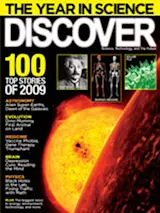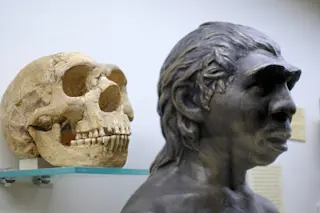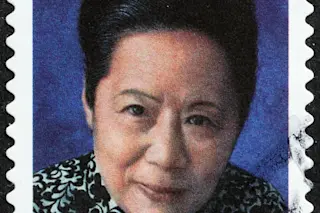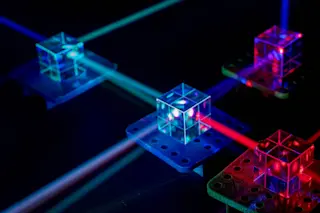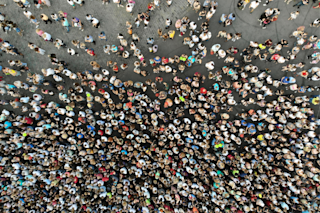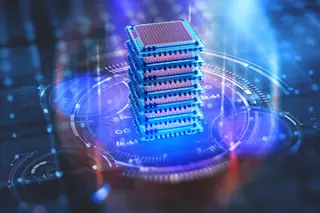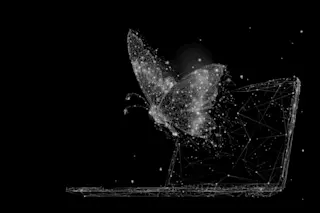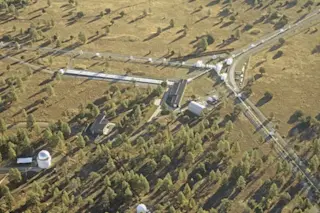Describing the basic laws of physics occupied Sir Isaac Newton for decades. In April scientists unveiled a computer program that can analyze data and independently derive those fundamental physical laws within a matter of hours. This program could relieve major logjams in scientific research. Modern instruments like space observatories, particle colliders, and gene chips produce vast amounts of data, and mining that data is a slow, laborious process. Smart software—a synthetic scientist, in essence—could greatly speed it up.
Cornell University roboticist Hod Lipson and his Ph.D. student Michael Schmidt developed their system to analyze data from the kinds of mechanics experiments that college students encounter in introductory physics courses: observing the motion of a swinging pendulum or of two weights bouncing on connected springs, for instance. An automatic camera fed data directly to their computer program, which then tried millions of mathematical expressions to identify which ones held true from ...


